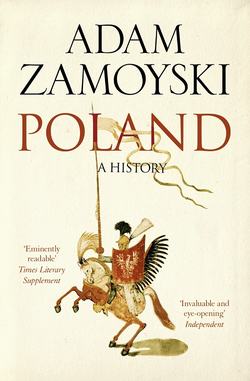Читать книгу Poland: A history - Adam Zamoyski - Страница 15
SEVEN Democracy versus Dynasty
ОглавлениеThere was nothing oriental about the man the Poles chose as their new king in 1573. Nor was he the most likely candidate for the throne of the multi-denominational Commonwealth. A few months before the Confederation of Warsaw passed its act on religious freedom, Henri de Valois, younger brother of Charles IX of France, took an enthusiastic part in the St Bartholomew’s Day Massacre of Protestants.
The first election went remarkably smoothly. At the news of Zygmunt Augustus’s death a Convocation Sejm gathered to thrash out the details. The candidates were Ernest of Habsburg, Henri de Valois, Ivan IV of Muscovy, and the two outsiders John III of Sweden and Stephen Bathory of Transylvania. A key figure was the late king’s sister, Anna, the last surviving member of the Jagiellon dynasty. Many took it as read that the successful candidate would marry her, thereby cementing his position on the throne and emulating the precedent set by Jagiełło himself, an assumption which Anna did much to further. Others, including the majority of the Senate, suspected her ambition and saw her as an obstacle to establishing a new dynasty. Apart from being no beauty, Anna was well over fifty years old.
This did not stand in the way of the cunning agent of Henri de Valois, Jean de Monluc, Bishop of Valence, who laid siege to her affections on behalf of his master, assuring her that the Prince, twenty-eight years her junior, was consumed with passion for her.
